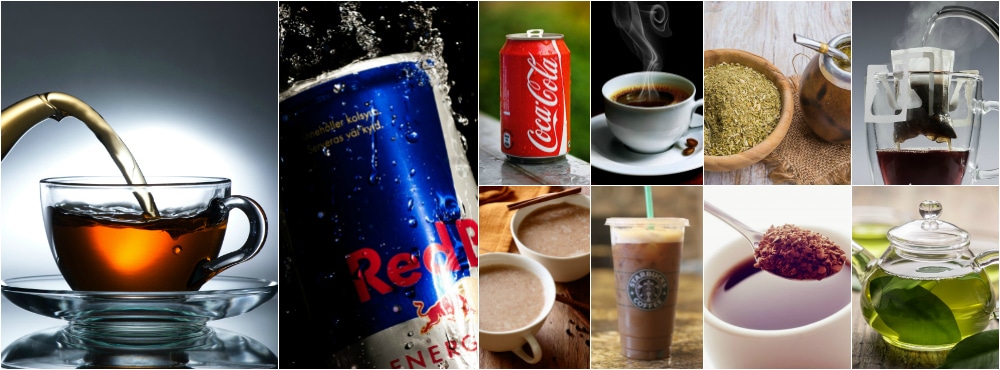

Even for relatively obscure superfoods, like rhodiola rosea, there are over 40. There are over 180 clinical trials published for that. That’s right, out of the nearly 30 million medical citations in the PubMed database from across the world, there is not a single human study for this purported miracle drink.Ĭompare that to something like curcumin, the active ingredient in turmeric. So what do the human scientific studies on kombucha have to say? Such studies are not adequate for proving a benefit, but they do provide preliminary evidence.
#Synergy kombucha caffeine content trial
Though some sort of human clinical trial to at least suggest the possibility of a health claim is quite common, even with food. No one expects a given food to undergo the same caliber of FDA registered clinical trials as a medication. No one can say for sure where kombucha comes from originally. Doctor Kombu is where the name came from, but not the recipe itself. He claimed it offered digestive benefits for the Emperor Inkyo. In the 4th century AD, a Japanese physician named Kombu imported it to his country. Proponents and marketing by kombucha brands often claim the Qin dynasty (220 BC) hailed it as “the tea of immortality” but that is based on many assumptions and it’s not even clear if the standard recipe came from China. Manchuria, a large region spanning Northeast China and beyond, is where some believe it originated. The mushroom moniker is used generically to describe them. Not because it has mushrooms in it or because it’s made with mushrooms, but rather because yeast is a type of fungus. This nutrition facts label for the popular Health-Ade brand is typical of what you will see. If left unpasteurized, living probiotics will be inside the bottle too. This it why kombucha tastes like vinegar, because the sugar is mostly gone. What remains after are high amounts of acid and a small amount of alcohol.

During this fermentation, the sugar is digested by these microorganisms. Bacteria and yeast are added to the tea and feed off of an added sugar. Kombucha is a fermented beverage made using green or black tea leaves. So might it actually be worth the $4 per bottle? Is it safe to drink kombucha everyday? Others are based on personal anecdotes which are put forth as evidence. Hair growth? That’s definitely a hoax or scam. Outright fabrication would be the only logical explanation for some of the alleged perks. What people say about it deviates so far from reality, it’s hard to fathom where they are even coming up with the stuff.

Not the case with this funny-tasting sour beverage. Say a cancer study done in the lab or a human weight loss trial. Though at least most of the time, the things being said are rooted in some science. Thanks to the internet, both the good and bad things about any given food are often exaggerated.


 0 kommentar(er)
0 kommentar(er)
